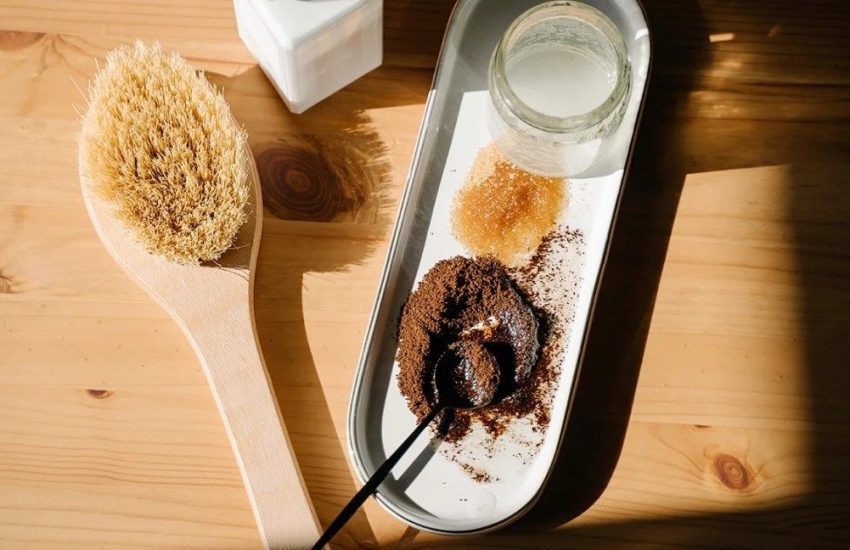The Link Between Gut Health and Skin Problems
In recent years, there has been a growing understanding of the connection between gut health and skin problems. The gut, often referred to as the “second brain,” plays a crucial role in maintaining overall health, including the health of our skin. Research has shown that imbalances in the gut can lead to a wide range of skin issues, from acne and eczema to psoriasis and rosacea.
The Gut-Skin Axis
The gut-skin axis is a term used to describe the relationship between the gut and the skin. The gut is home to trillions of bacteria, fungi, and other microorganisms that make up the gut microbiome. This microbiome plays a key role in digestion, immune function, and overall health. When the balance of bacteria in the gut is disrupted, it can lead to inflammation and a range of skin problems.
How Gut Health Affects Skin
Imbalances in the gut can lead to increased levels of inflammation throughout the body, including the skin. This inflammation can trigger or worsen existing skin conditions such as acne, eczema, and psoriasis. In addition, poor gut health can lead to leaky gut syndrome, where the lining of the gut becomes more permeable, allowing toxins and other harmful substances to enter the bloodstream and trigger inflammatory responses in the skin.
Furthermore, the gut is responsible for the absorption of key nutrients that are crucial for healthy skin, such as vitamins A, C, and E, as well as zinc and omega-3 fatty acids. When the gut is not functioning optimally, it can lead to nutrient deficiencies that can impact the health and appearance of the skin.
Improving Gut Health for Better Skin
Fortunately, there are steps you can take to improve your gut health and potentially improve your skin. Here are some tips to promote a healthy gut:
Eat a balanced diet: Focus on whole, nutrient-dense foods such as fruits, vegetables, lean proteins, and healthy fats. Avoid processed foods, sugary snacks, and excessive alcohol consumption.
Probiotics: Incorporate probiotic-rich foods such as yogurt, kefir, sauerkraut, and kimchi into your diet to promote the growth of beneficial bacteria in the gut.
Prebiotics: Eat foods high in prebiotic fibers, such as onions, garlic, bananas, and asparagus, to feed the good bacteria in your gut.
Stay hydrated: Drink plenty of water throughout the day to support digestion and keep your gut hydrated.
Manage stress: Chronic stress can negatively impact gut health, so practice stress-reducing techniques such as meditation, yoga, or deep breathing exercises.
Get quality sleep: Aim for 7-9 hours of quality sleep each night to support overall health, including gut function.
Consult a Professional
If you are dealing with persistent skin issues or suspect that your gut health may be contributing to your skin problems, it is important to consult with a healthcare professional. A dermatologist or gastroenterologist can help identify potential underlying causes and develop a customized treatment plan to address both gut health and skin concerns.
By paying attention to your gut health and taking steps to support a healthy digestive system, you may be able to improve the health and appearance of your skin. Remember, the gut-skin connection is a two-way street, so taking care of your gut can lead to better skin.
Investing in your gut health through a balanced diet, probiotics, prebiotics, stress management, and adequate sleep can have far-reaching benefits for both your gut and your skin. So, make your gut health a priority and watch as your skin begins to glow with health and vitality.


